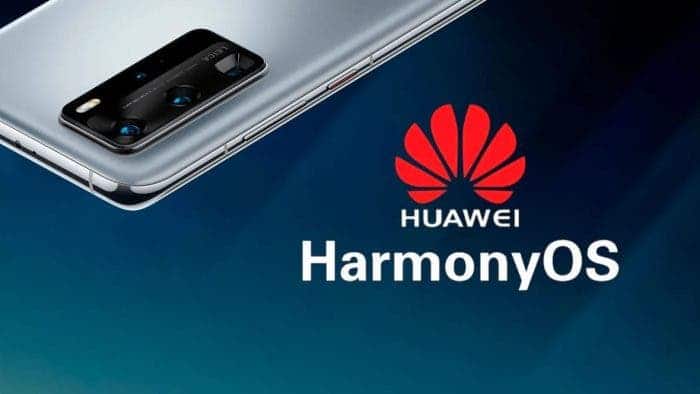Just a few days ago, Huawei officially announced the recruitment of testers for the HarmonyOS 2.0 developer version. Now, according to users report, the company is already sending the recruitment not audit results via email. This means that more model users will have the opportunity to participate. At this rate, it will not be long before the stable version arrives.

The current list of system versions that support OTA upgrades is Mate X2, Mate40, Mate40E, Mate 40 Pro, Mate 40 Pro+, Mate 40 RS Porsche Design, Huawei Smart Screen S, Huawei Smart Screen S Pro, P40, P40 Pro, P40 Pro+, Mate 30 4G, Mate 30 Pro 4G, Mate 30 5G, Mate 30 Pro 5G, Mate 30 RS Porsche Design, Mate 30E Pro 5G, MatePad Pro, as well as MatePad Pro 5G. Furthermore, there will be more models from subsequent announcements from Huawei.
HarmonyOS is a distributed operating system for all scenarios in the Internet of Things (IoT) era. Huawei hopes to work with partners and developers to create a super terminal experience for the Internet of Things (IoT) era. On December 16, 2020, “HarmonyOS 2.0 Developer Beta” was released. In addition, it also commenced the open beta recruitment activity on the same day. All developers and partners who follow HarmonyOS can apply HERE for a free experience of the HarmonyOS 2.0 developer Beta version!
HarmonyOS will run on 300 million devices this year
Wang Chenglu, President of Huawei’s Consumer Business Software Department and Head of AI, believes that HarmonyOS offers a unifying language for intelligence, interconnection, and collaboration of different devices. He further claims that there will be hundreds of millions of devices with HarmonyOS this year. Specifically, he claims that HarmonyOS will have about 300 million devices this year.
He believes that HarmonyOS provides opportunities for the development of the next era. Despite the ban from the U.S., Huawei did not stop its pursuit of technological innovation. Huawei’s plan is to see that users’ smart devices do not stay without conn section. The company wants all smart devices to be able to collaborate efficiently.
At a recent event, this is what Wang Chenglu had to say
“But we see that the mobile Internet industry, which centers on mobile phones, is under pressure. Global smartphone shipments have declined since 2018 and will drop by about 6% year-on-year in 2020. At the same time, consumers use mobile phones for basically 4 to 5 hours per day. This has been the statistics for smartphone usage since 2018. These indicate that the industry has reached a critical moment when it must be transformed”.





